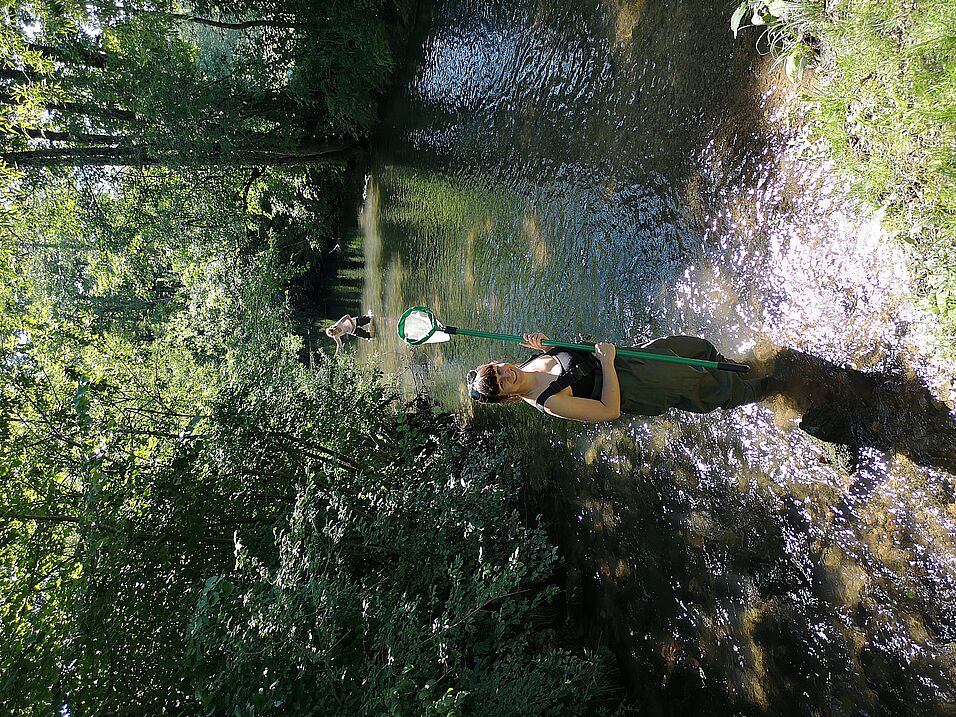PhD Student (Adv. Luise Kruckenhauser)
Unit for Integrative Zoology, Department of Evolutionary Biology, University of Vienna
and
First Zoological Department, Natural History Museum Vienna
Abstract
Karst landscapes feature a complex aquifer with specific underground drainage systems which are normally revealed by using tracing test. As we get more indication of underground migration one of the most promising approaches of water tracing is the analysis of the genetic structure of animal populations inhabiting a pertinent hydrological network. In this study, a combination of an organism with a high level of genetic variability and a hydrological system with complex but well studied water connections is used for testing the congruence between biological and drainage boundaries. Thus, Phoxinus lumaireul (Schinz, 1840) populations in the Slovenian Dinaric karst were densely sampled and analyzed for two mitochondrial (cytochrome b (cytb), cytochrome c oxidase subunit 1 (COI)) and one nuclear (nuclear ribosomal protein S7 (RPS7)) genes. Subsequently, the genetic structure was compared to the database of tracing tests and paleohydrology of the area in order to present support for three different scenarios: the genetic structure (1) is a consequence of the ongoing geneflow through underground connections, (2) reflects a past hydrological network, or (3) is an outcome of human translocations. Although none of the three possible scenarios can be unambiguously confirmed as main driver for shaping the current genetic composition, the population structure rather indicates a natural distribution, influenced by a mixture of current and past gene flow, than a major influence of human-mediated translocations.

